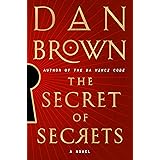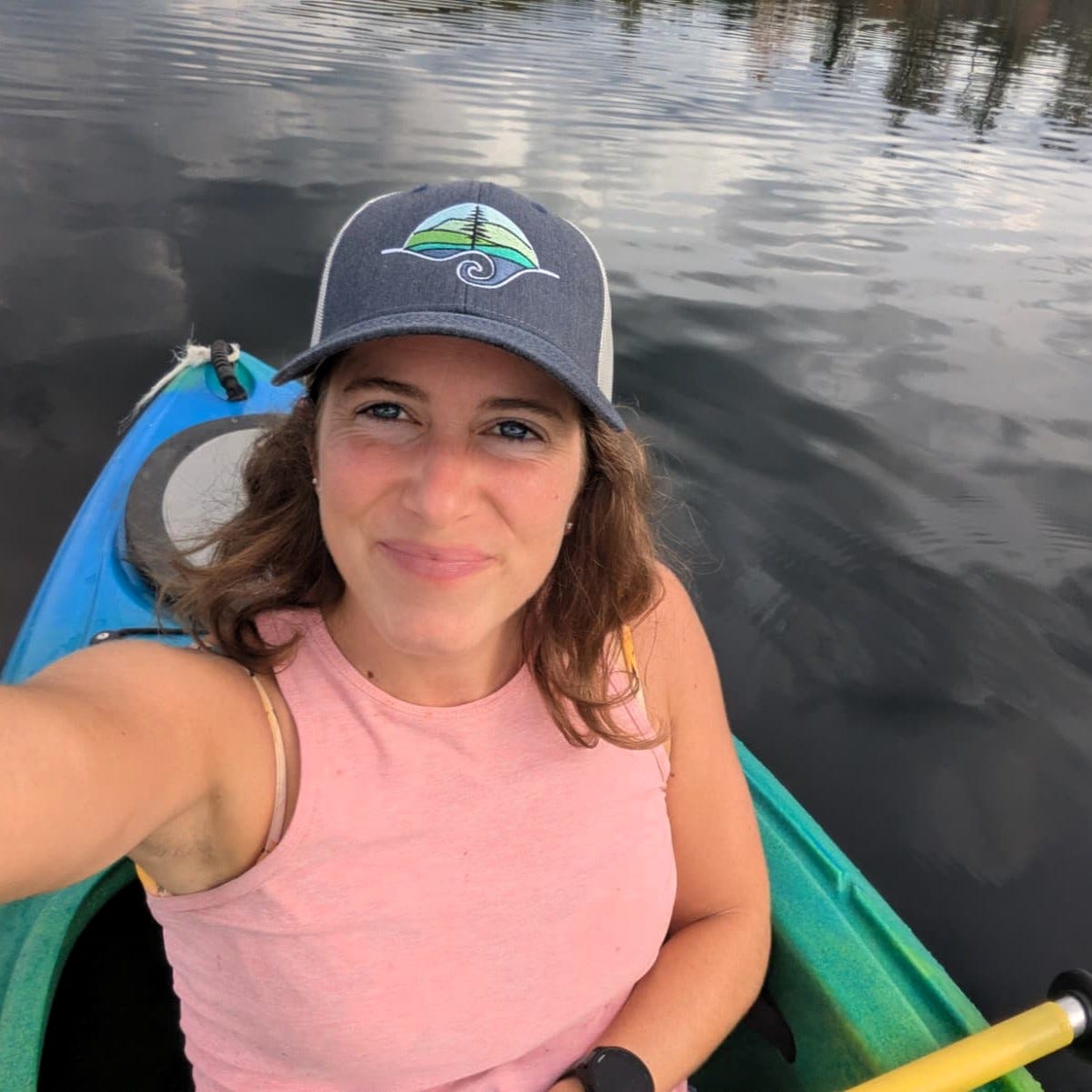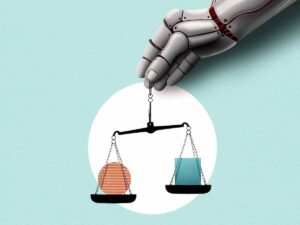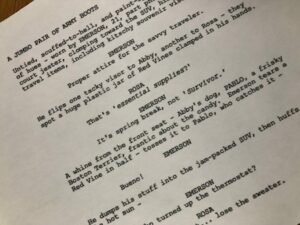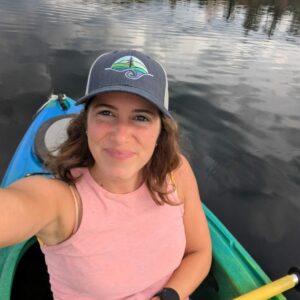Unlocking the Secrets Within: Navigating the Enigmatic Hall of Mirrors in Your Memoir

Reflection, relationship, and the memoirist’s orphan state
A few months ago, I was discussing primal yearning and dread with some of my MFA students, and this quote from the end of Michael Ondaatje’s novel Warlight came up [emphases below are mine]:
When you attempt a memoir, I am told, you need to be in an orphan state. So what is missing in you, and the things you have grown cautious and hesitant about, will come almost casually toward you. “A memoir is the lost inheritance,” you realize, so that during this time you must learn how and where to look. In the resulting self-portrait everything will rhyme, because everything has been reflected. If a gesture was flung away in the past, you now see it in the possession of another. So I believed something in my mother must rhyme in me. She in her small hall of mirrors and I in mine.
I’ve read this passage many times, and these ideas of the orphan state and memoir as a lost inheritance always resonate with me. I love the notion that missing — dreaded or yearned for — aspects of your identity will come “almost casually” toward you once you have no fear of or for the people who are reflected in your personal hall of mirrors.
What Ondaatje highlights is the fact that memoir is never about Me but always about Us. Not a single one of us is truly singular. We are all the product of relationships that preceded and still surround us in reflection. Relationships both that we participated in directly and that seemingly had nothing to do with us. Which is why, when we write a memoir, we must enter that orphan state, meaning that all those other relations are ghosts who can no longer dispute or constrain us, but only mirror facets of us — good, bad, and indifferent — which we need, indeed yearn, to understand.
Nothing about this is easy. Our natural tendency as memoirists is to write what we “know,” meaning what we remember seeing, hearing, and feeling from our own highly limited point of view. We strive to reenact poignant and powerful memories, to “tell it like it was.” But as anyone with siblings knows, how it was for you may be nothing like how it was for anyone else during the moment in question.





